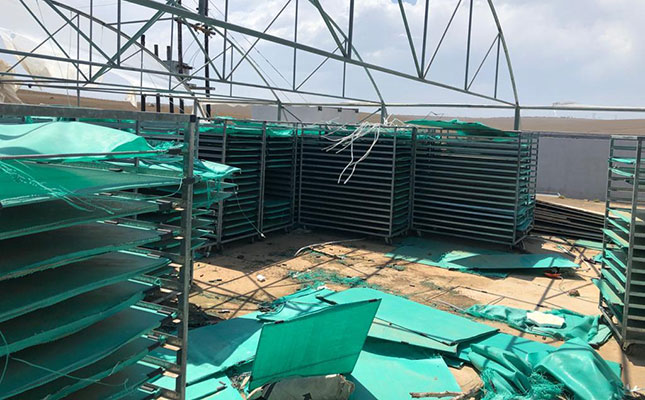
Photo: Annette Steyn
The expenditure on agri-parks by the Department of Agriculture, Land Reform and Rural Development (agriculture department) came under scrutiny during a recent meeting of Parliament’s Portfolio Committee on Agriculture, Land Reform and Rural Development.
DA MP Annette Steyn questioned the roll-out of this programme. “We’re asking how the R3 billion that was budgeted for the period from 2015 to 2021 has been used, and what the results are.”
READ Farmers urged to report crime along the SA-Lesotho border
According to her, the DA would use the Promotion of Access to Information Act of 2000 to obtain answers from the agriculture department on who drafted the business plans, who the contractors were, and which farmers benefitted from these agri-parks.
There were 44 agri-parks throughout South Africa, and many were in a state of total or partial collapse, Steyn said.
“At first glance, the comprehensive business plans for many of these parks look suspiciously similar, so we’re looking forward to the information we’ll uncover through this process.”
Christo van der Rheede, executive director of Agri SA, said the organisation had requested President Cyril Ramaphosa and agriculture minister Thoko Didiza to institute an investigation into the agri-parks programme.
READ Lease-to-buy farmer receives title deed after 20 years
“I recently visited the Westonaria agri-park and was shocked at the state of disrepair,” he said. He added that this was an example of where government neglected to do the basics right, and as a result the aspirations of black farmers were trampled on.
“The commercial sector was not sufficiently engaged in this programme, and now we have a situation where national food security is negatively affected.”
He said that organised agriculture had always been willing to work in partnership with government on transformation initiatives.
“Maybe there should be less focus on expropriation without compensation, and more focus on getting the basics right,” he said.
The agriculture department had not responded to Farmer’s Weekly’s request for comment on the matter at the time of publication.










